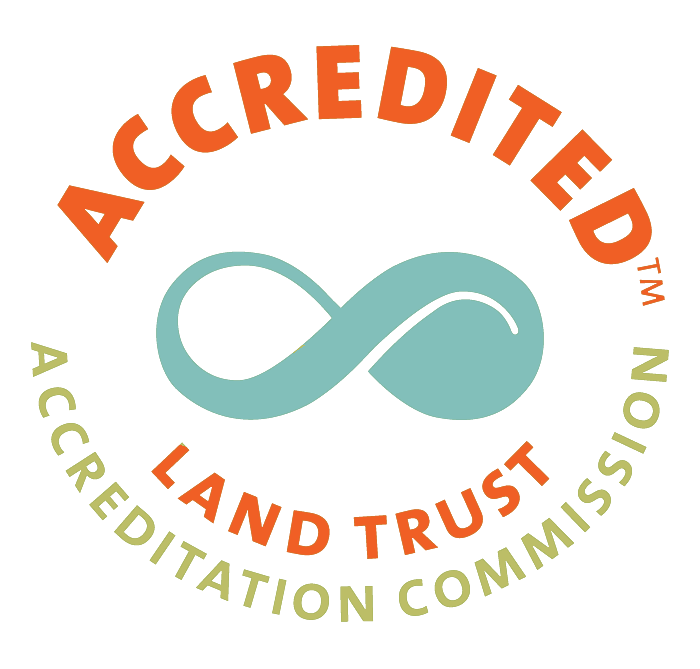Cut Down on Your Plastics
The Bulk Section is Your Friend + Recycling tips!
So you’re ready to commit to the 1st R in the 5R’s (see the image to the right), Reduce, great! Reducing is first on the list because it’s the best course of action.
Not sure where to start? It’s simple, start by tracking your plastic use at home, and/or ask your child(ern) to help. You might be surprised how many plastic containers, wraps, bottles and bags you purchase for your kitchen and bathroom.
Once you've got your list, look for products that have more sustainable packaging on your next grocery trip or online order. Also consider (more heavily) shopping your bulk section.
Depending on your local grocery store you might be surprised what you’ll find in the bulk section. Beyond the expected dried fruits, grains, beans, and nuts, you can find things like baking ingredients - think flours, chocolate chips, sugar and the like - coffee, tea, honey, cereal, pasta, popcorn, spices, cooking oils, vinegars, and even soap! Check with your grocer about bringing your own containers to eliminate even more plastic packaging.
Also, if you order to-go meals from restaurants, make a note to ask for no plastic utensils and limited plastic packaging.
I’ve cut back but there’s still plastic, now what?
The short answer is - recycling - although we realize it’s not a perfect answer and might not be as easy to accomplish as you’d like depending on your location it can be a good next step.
Recycling programs can be quite different from town to town so get online or call your transfer station to ask about what they do or don’t take. Locally, the Littleton Transfer Station will take recyclables even if you aren’t a resident but asks that you throw your trash away with them as well (pay-by-the-bag) to help offset the cost.
Regardless of where you are, there are some basics. Below see the top 5 rules to make sure what you try to recycle doesn’t end up in the landfill.
1: Bottles, cans, containers need to be empty, clean, and dry.
Food and liquid create problems down the line. For messy containers that require more than a simple rinse (like yogurt or peanut butter), let them soak or use a spatula to remove food waste from containers. Remember any food residue can create a problem in the line that includes greasy pizza boxes, used paper towels, and the like - luckily these two along with old cotton dish rags are compostable!
2: The recycling arrows are a clue, not the final word on whether or not something is recyclable.
Most communities accept plastic bottles and containers in household recycling – check with your local transfer station. The number inside the little arrows refers to the type of plastic an item is made from, not whether or not it is recyclable.
3: Organic items can also be recycled, right? No - composting and recycling happen in different ways.
Food waste and compostable silverware or food containers CANNOT be recycled. Further more compostable plastics require an anaerobic compost system to break down. Sadly, we do not currently have such a system in our region so compostable plastics are treated as trash and go to the landfill. That said check with your town, to see if they offer support for backyard composting for the rest of your organic waste.
4: Keep plastic bags and plastic wrap out of your recycling.
Just because something is plastic does not mean it can be recycled. Many retailers collect plastic bags and wrap (such as the plastic wrap around a case of water) but they don’t belong in your recycling.
5: Be a recycling hero. Recycle right.
More of a curbside pickup problem, wishcycling (putting items into recycling bins in hopes your program will recycle them) creates more waste, more cost, and can be dangerous for workers. Unaccepted materials or accepted materials with food and liquid can damage machinery.
It’s important to recycle right.
For especially hard to recycle items like plastic film, check for special pick-ups or mail-in programs. Locally, the Franconia Transfer Station has a Trex drop-off bin to help recycle unwanted plastic film.
Feel free to drop them off anytime but please call to make sure facilities are open or the box is accessible.
Looking for even more steps you can take? Click here or type https://myplasticfreelife.com/plasticfreeguide/ into your browser for "100 Steps to a Plastic Free Life".





